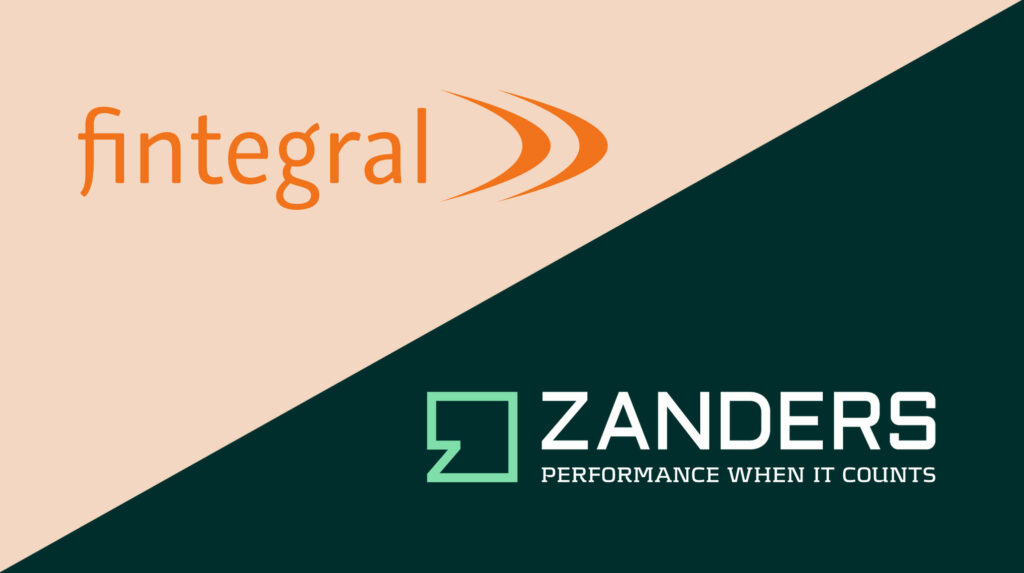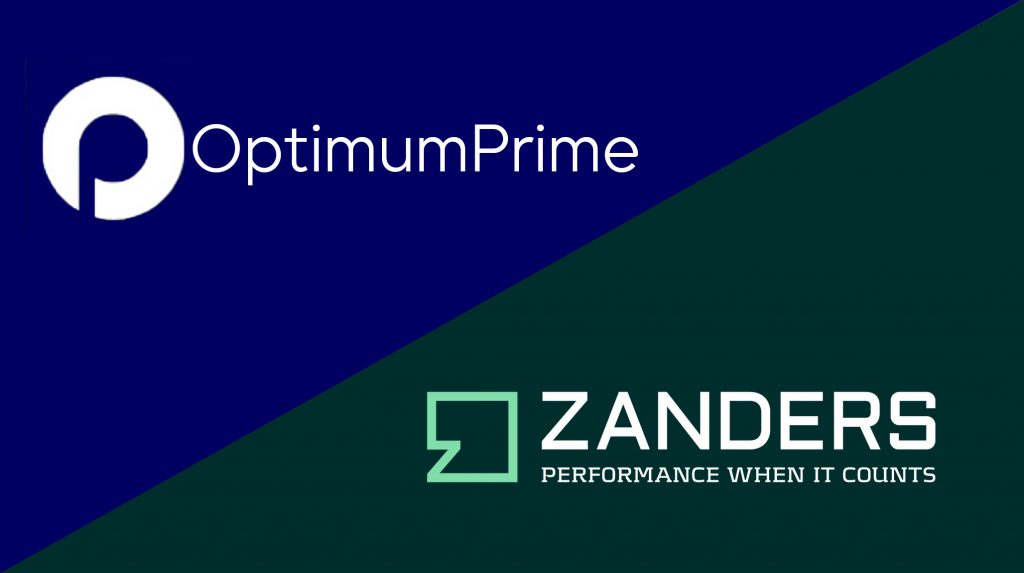Forbearance: banks need to gear up

The ECB has conducted in-depth assessments of banks’ forbearance processes as part of its supervisory priorities.
Forbearance involves providing concessions to borrowers who may struggle to repay their loans, aiming to return them to a sustainable repayment path. The analyses revealed areas for improvement, including the proper identification of clients in financial difficulties, granting appropriate and sustainable measures, and establishing robust monitoring processes for forborne exposures. Effective forbearance frameworks and efficient processes are crucial, particularly in the current economic environment, to prepare for potential increases in distressed debt and refinancing risk. These measures not only support viable distressed debtors but also mitigate losses for banks and the economy.
Europe sets out vision for a digital euro

The ECB has conducted in-depth assessments of banks’ forbearance processes as part of its supervisory priorities.
At the start of March, the Bank for International Settlements (BIS) in conjunction with several central banks concluded Project Icebreaker in which the potential benefits and challenges of using retail central bank digital currencies (CBDC) in international payments were studied. At the end of March, the European Banking Federation (EBF) published a vision paper on a Digital Euro Ecosystem, stating that a retail digital euro, a wholesale CBDC and bank-issued money tokens could all play a role in enabling innovation, supporting customer needs and ensuring that Europe stays at the forefront of digital finance. The digital euro should add value to consumers, mitigate ex-ante the accompanying risks, and be appropriately designed in close cooperation with the private sector.
At the end of April, the ECB stated in their latest progress report that a digital euro could be made available via existing banking apps or via a dedicated Eurosystem app. The digital euro would be accessible to Euro area citizens (and non-Euro area citizens with a Euro area-based payment service provider) in its initial release. In further releases, other areas could have access too, while also functionalities with other CBDCs are potentially provisioned. Finally, a paper produced for the European Parliament suggested that the digital euro system should not limit users’ holdings, arguing that the risks to financial stability of people deserting conventional banks are overstated. Holdings could be limited if the digital euro is intended for day-to-day transactions only. A final decision on issuing a digital euro has yet to be made, with the launch coming in 2026 at the earliest.
Meanwhile the EU has approved the world’s first comprehensive crypto rules, aiming to protect investors and combat money laundering. Expected to roll out in 2024, the rules put pressure on other countries to follow suit. Related to this, IOSCO, the global standard setter for securities markets, has issued detailed recommendations for regulating crypto assets, aiming to enhance client protection and align crypto trading with public market standards. With support from its board, IOSCO intends to address investor protection and market integrity risks.


